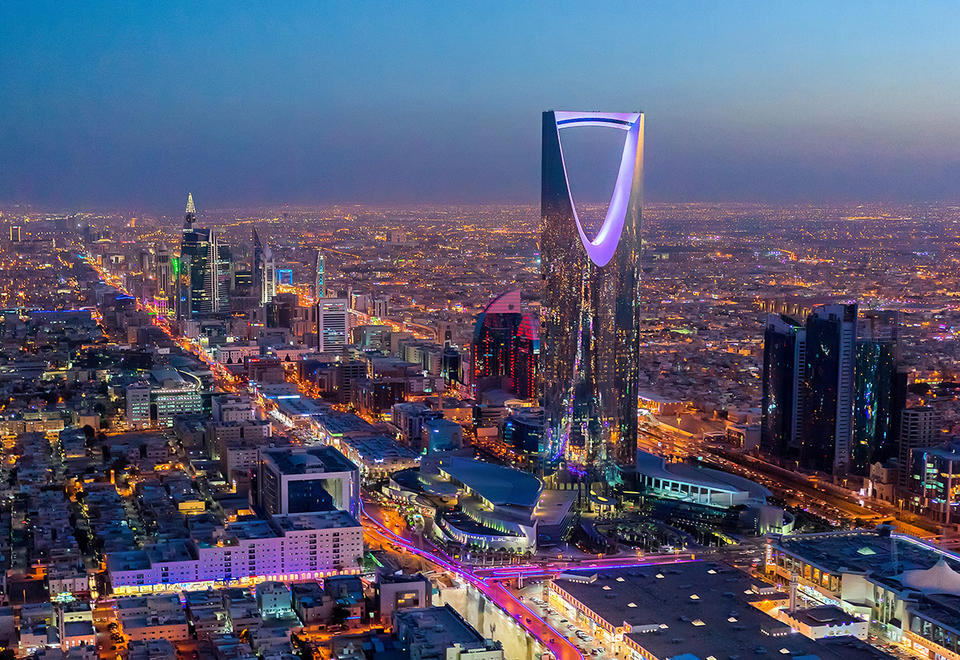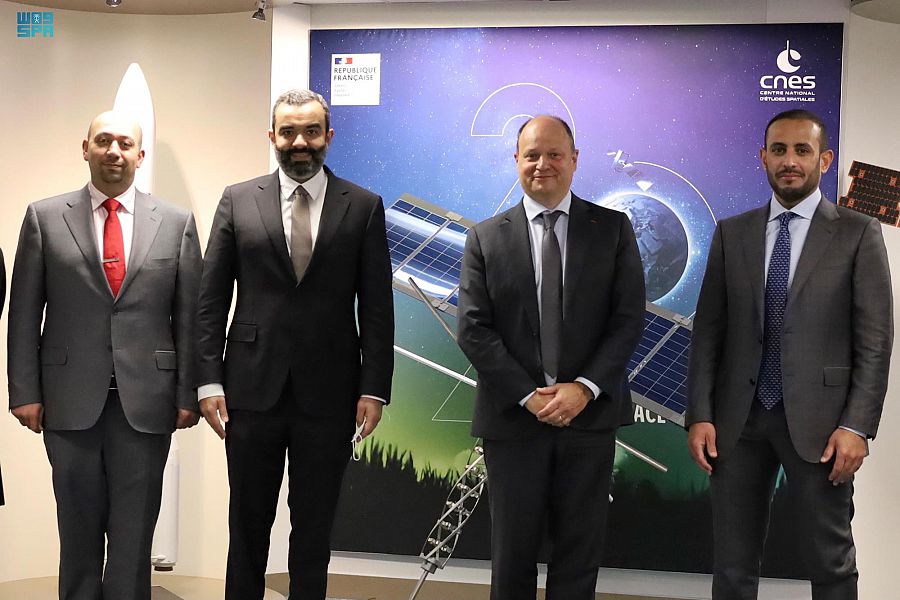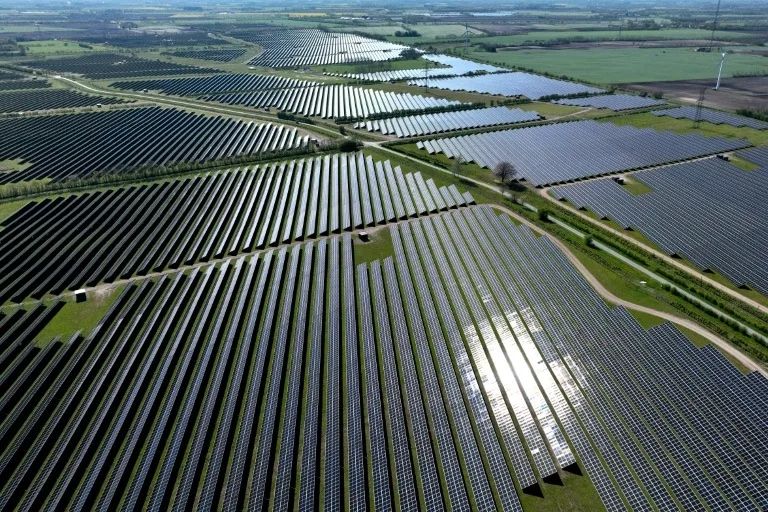Saudi-France Partnership: Accelerating the Digital Economy

Saudi Arabia and France have discussed ways to boost the growth of their digital economies. On 21st June 2023, the Saudi Minister of Communications and Information Technology, Eng. Abdullah bin Amer Al-Swaha, met with the French Minister for Digital Transition and Telecommunications Jean-Noel Barrot in Paris to discuss the areas of expanding Saudi-French partnership and cooperation in the digital economy that support growth through technology, innovation, and digital entrepreneurship. Al-Swaha emphasized that with over 340,000 human technology skills, the Kingdom is the most attractive location for digital talent. He also looked at entrepreneurship support programs like the Garage and the National Technology Development Program (NTDP). There are a number of reasons which have enhanced the importance of digital economy most recently, it is a major driver of economic growth. The digital economy is estimated to account for about 10% of global GDP, and it is growing at a rate of about 7% per year. This is faster than the growth of the overall economy.
The ministers of Saudi Arabia and France discussed a number of areas of cooperation, including the development of digital skills. Both countries agreed to work together to develop digital skills in their respective countries. This includes training people in the latest digital technologies and providing them with the skills they need to succeed in the digital economy. In addition, the two countries will work together to promote innovation in the digital economy i.e. supporting start-ups and small businesses, and creating a favorable environment for innovation. The two countries also discussed the development of digital infrastructure such as building high-speed internet networks and ensuring that everyone has access to digital services. The meeting between the two ministers was seen as a positive step towards boosting the growth of the digital economies of Saudi Arabia and France. The two countries have a number of shared interests in the digital economy, and they are motivated to work together to achieve their goals.

The cooperation between Saudi Arabia and France in the digital economy will help to increase investments because cooperation between the two countries will attract investment in the digital economy which will help to create jobs and boost economic growth. The two countries will share knowledge and expertise in the digital economy, this would help to accelerate innovation and improve the quality of digital services. The cooperation between Saudi Arabia and France in the digital economy is in its early stages, but it has the huge potential to be very beneficial for both economies.

